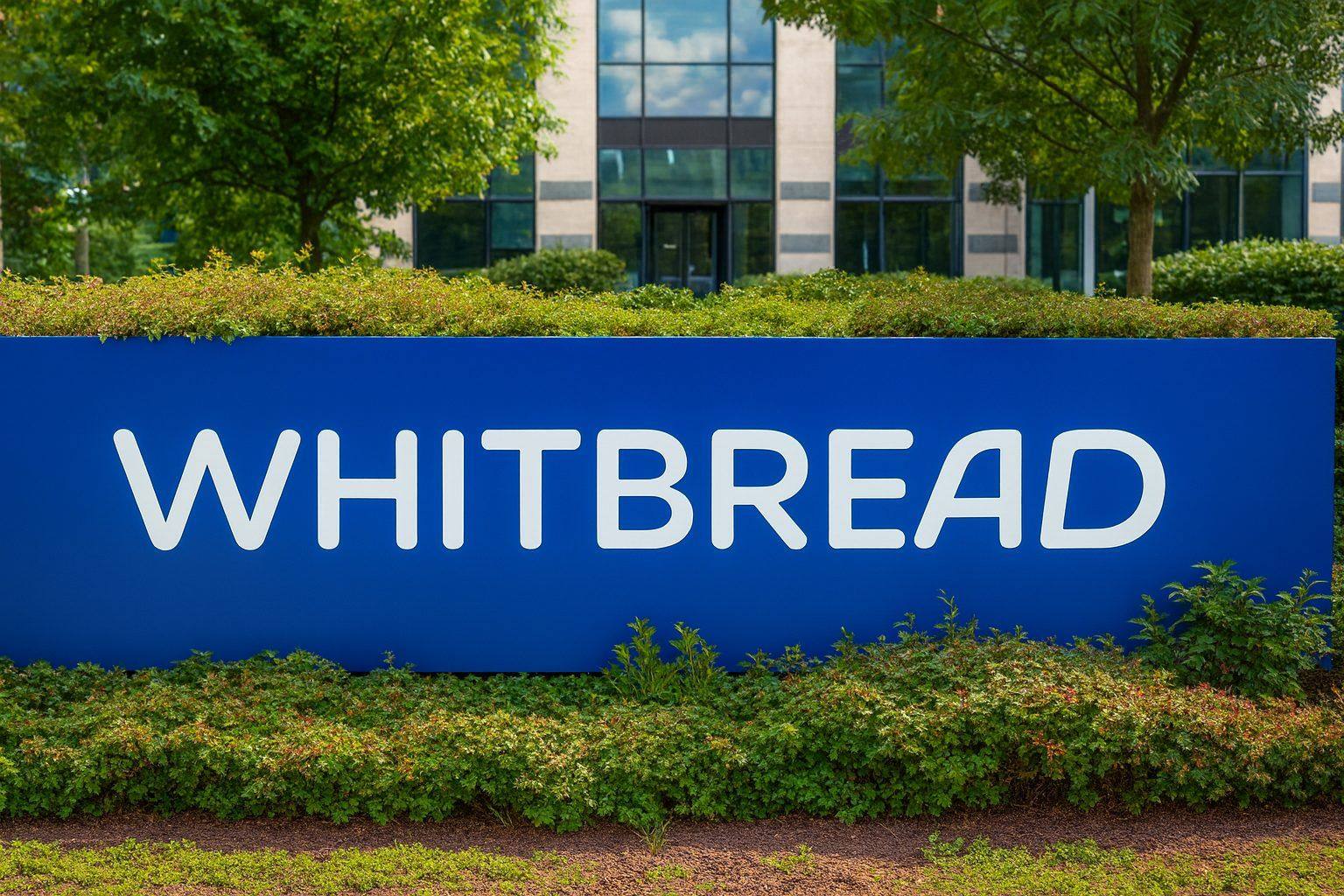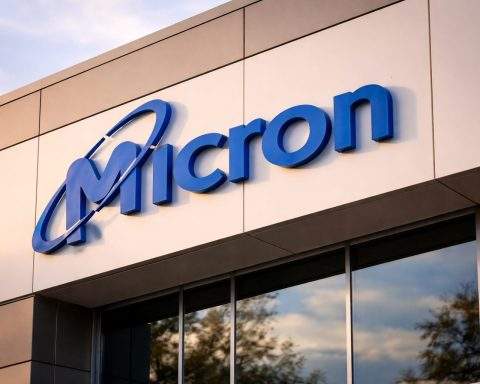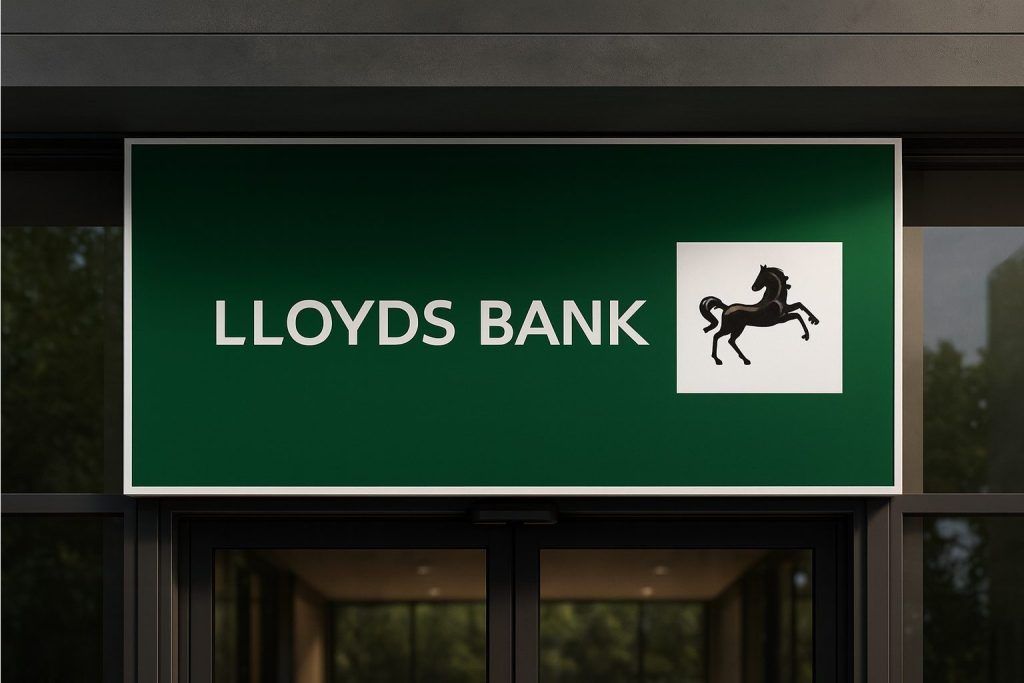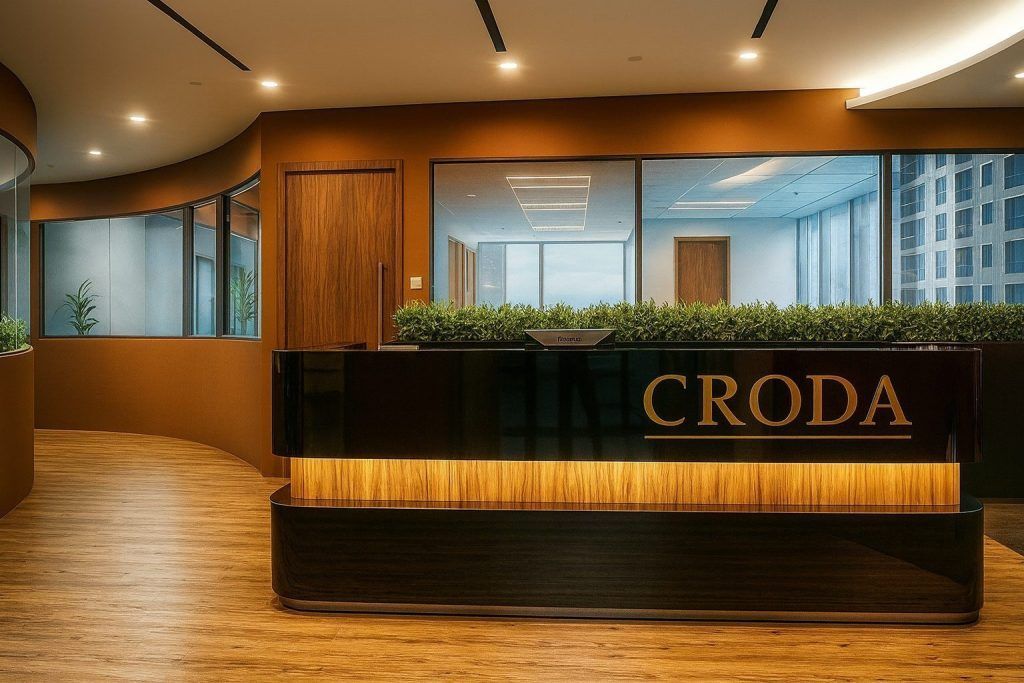London – 26 November 2025 – Whitbread PLC (LON: WTB), the FTSE 100 owner of Premier Inn, is back in focus today as it pushes ahead with its £250m share buy‑back programme and attracts bullish broker commentary, even while investors remain wary of cost pressures and a still‑fragile consumer backdrop.
Key takeaways for today (26 November 2025)
- Share price steady: Whitbread shares traded around 2,840p by late morning in London, flat on the day, with about 397,000 shares changing hands and a one‑year performance of roughly ‑1.3%. 1
- Fresh buyback RNS: A new “Transactions in Own Securities” announcement confirms Whitbread bought 1,000 shares on 25 November at an average price of 2,800.63p, taking total repurchases since 1 May to 6,043,229 shares and reducing voting share capital to 170,531,487. 2
- Broker upbeat on valuation: A fresh note covered by Proactive Investors says Panmure Liberum has raised its full‑year profit forecast and still sees Whitbread as undervalued despite cost headwinds, helped by a return to growth in UK accommodation sales. 3
- Analysts see c. 23% upside: A separate stock‑analysis piece collating broker targets puts the average 12‑month target at 3,405.63p, with 11 “buy” and 6 “hold” ratings, implying around 22.8% potential upside from recent levels around 2,770–2,840p. 4
- Strategy still dominated by hotel growth and restaurant exits: Whitbread is pressing ahead with converting or selling 238 lower‑returning restaurants to unlock roughly 3,500 extra Premier Inn rooms, while still digesting a 7% drop in half‑year profit reported in October and a lower profit outlook for Germany. 5
Whitbread share price today: WTB holds recent gains
Whitbread’s London‑listed shares were quoted at 2,840p, unchanged on the session, as of 11:42 GMT on 26 November 2025, with around 397.6k shares traded. 1
Recent trading shows a modest rebound after October’s results wobble:
- 21 November close: 2,773p
- 24 November close: 2,802p
- 25 November close: 2,840p
- 26 November intraday: 2,828–2,840p range so far 6
Whitbread’s 52‑week range sits roughly between 2,357p and 3,274p; at current levels the stock trades about 13% below its 12‑month high, according to collated broker data. 4
On a market‑cap basis, Whitbread is valued at around £4.8–£4.9bn, depending on which dataset you use, placing it mid‑pack in the FTSE 100’s consumer‑cyclical cohort. 7
Today’s big corporate move: another step in the share buy‑back
The most concrete piece of Whitbread news dated 26 November 2025 is its latest RNS on share repurchases.
According to the regulatory filing (RNS Number: 9765I, via London Stock Exchange / Shares Magazine): 2
- On 25 November 2025, Whitbread bought 1,000 ordinary shares of 76 122/153p each.
- The highest price paid was 2,824p, the lowest was 2,782p, and the volume‑weighted average price (VWAP) was 2,800.63p.
- These shares will be cancelled.
- Since the start of the current buy‑back on 1 May 2025, Whitbread has bought 6,043,229 shares at an aggregate cost of about £177.47m (excluding fees).
- After this latest transaction, Whitbread holds 12,454,718 shares in treasury and has 182,986,205 shares in issue in total, leaving 170,531,487 voting shares outstanding.
The buy‑back flows from Whitbread’s previously announced plan to return up to £250m via repurchases, part of a wider commitment to return £2bn to shareholders via buy‑backs and dividends by FY30. 8
A separate TipRanks auto‑generated news item, also dated today, echoes the RNS and frames the move as the latest instalment in the ongoing buy‑back, noting that Whitbread has now cancelled more than 6m shares since May in an effort to optimise its capital structure and support shareholder value. 9
While today’s 1,000‑share purchase is small in isolation, the cumulative effect of the programme is meaningful: it gradually shrinks the free‑float share count, lifting earnings per share over time if profits hold up or recover.
Brokers: ‘Undervalued despite cost headwinds’
The other fresh angle driving Whitbread’s story around 26 November 2025 comes from the broker community.
Panmure Liberum raises profit forecasts
A widely circulated note from Panmure Liberum, reported by Proactive Investors, argues that Whitbread is undervalued even after a tougher year marked by weaker UK food and beverage trading and higher costs. 3
Key points from the coverage:
- The broker has raised its full‑year profit forecast for Whitbread, citing a return to growth in the UK accommodation business.
- It acknowledges ongoing cost headwinds – including wage inflation and lease costs – but believes the market is under‑pricing Whitbread’s earnings power and asset base.
- The note reiterates a positive stance on the shares, positioning Whitbread as a value opportunity within the UK leisure and travel sector.
Consensus targets still point to double‑digit upside
Separate analysis collated by DirectorsTalk Interviews pulls together the current analyst view on WTB: 4
- Ratings: 11 “buy” and 6 “hold”, with no “sell” recommendations cited.
- Average price target:3,405.63p per share.
- Target range: from 2,750p at the low end to 4,035p at the top.
- Implied upside: around 22.8% potential from a reference share price of roughly 2,773p at the time of publication (24 November).
Put together, today’s RNS buy‑back update and the recent broker commentary contribute to a narrative that institutional analysts largely remain on Whitbread’s side, even though the fundamentals aren’t entirely smooth.
Strategy check: hotels up, restaurants down
To understand why analysts are willing to look past near‑term bumps, it helps to zoom out to Whitbread’s longer‑term restructuring and growth plans.
Converting and selling underperforming restaurants
Whitbread has been systematically shrinking and reshaping its restaurant estate – where brands such as Beefeater, Brewers Fayre, Cookhouse + Pub and Bar + Block sit – to support the growth of its core Premier Inn hotel business:
- Earlier plans outlined by management involve converting 112 branded restaurants into around 3,500 new hotel rooms, once food and beverage at those sites is reconfigured into integrated hotel dining. 10
- A further 126 restaurants are being sold as going concerns, with terms already agreed on a subset of those for around £28m, according to hospitality trade press. 5
- A separate industry analysis notes that Whitbread has already sold 51 restaurants and bars for £56m, explicitly linking the disposals to the strategy of exiting lower‑returning outlets and reinvesting in hotel capacity. 11
This shift is designed to remove lower‑margin, volatile restaurant earnings and replace them with higher‑returning hotel rooms, particularly in high‑demand UK locations and in Germany, where Whitbread is still in growth and ramp‑up mode. 5
Recent results: profit dip, but growth plan intact
The October half‑year results were a reminder that the transition is not pain‑free:
- Whitbread reported a 7% decline in adjusted pre‑tax profit to around £316m, with revenue down roughly 2% to £1.5bn for the 26 weeks to 28 August 2025. 12
- The group cut its profit guidance for Germany, now expecting only up to £5m of adjusted pre‑tax profit this year instead of £5–10m, citing softer‑than‑expected demand in September. 13
- UK accommodation sales returned to modest growth, but restaurant sales fell, reflecting both weaker demand and disruption from the ongoing estate overhaul. 13
These numbers triggered a sharp one‑day share price drop of up to 9% in mid‑October, according to Reuters, as investors digested the weaker profit trend and cautious tone on Germany. 13
However, management has repeatedly stressed that the five‑year plan remains on track, with ambitions to: 14
- Grow the UK and Ireland estate towards ~97,000–98,000 rooms by the end of the decade.
- Expand in Germany towards 20,000 rooms, aiming for attractive long‑term returns once the portfolio matures.
- Return around £2bn to shareholders via dividends and buy‑backs by FY30, including the current £250m buy‑back.
How today’s news fits into the bigger picture
Positive signals
From an investor’s perspective, the combination of today’s buy‑back RNS and recent broker upgrades sends a few constructive signals:
- Management confidence: Continuing to cancel shares – and being on pace to complete the £250m programme – suggests the board remains confident in Whitbread’s cash generation and its long‑term plan, despite short‑term earnings pressure. 8
- Supportive analyst backdrop: With the majority of covering brokers rating the stock a “buy”, and average targets comfortably above the current price, external sentiment remains broadly positive. 4
- Balance‑sheet discipline: The methodical pacing of the buy‑back – adding relatively small daily volumes to a sizeable overall programme – reduces the risk of over‑levering the balance sheet while still nudging EPS higher over time. 2
Risks that haven’t gone away
At the same time, the risk side of the ledger is hard to ignore:
- Cost inflation: Wage increases, energy, leases and business rates continue to squeeze margins, and there’s limited scope to push prices higher without hurting occupancy or guest satisfaction. 13
- Execution risk on conversions: Large‑scale restaurant disposals and room conversions involve planning, construction and disruption; delays or cost overruns could dent returns or temporarily hit earnings. 11
- Macro uncertainty: UK consumer and corporate travel demand remains sensitive to broader economic conditions, while the German hotel market is competitive and still ramping post‑pandemic. 15
What to watch next
For readers tracking Whitbread over the coming weeks, a few milestones stand out:
- Progress updates on the £250m buy‑back: Investors will be watching how quickly Whitbread works through the remaining capacity and whether the board signals any intention to extend or expand it at future results. 8
- Further broker moves: If trading conditions stabilise and conversions go smoothly, more brokers could follow Panmure Liberum in upgrading forecasts or reiterating optimistic targets – or, conversely, cut numbers if cost inflation bites harder than expected. 3
- Next trading update: The market will look for evidence that UK accommodation growth is holding up and that Germany is moving closer to the company’s targeted profitability range.
Bottom line
For 26 November 2025, the story around Whitbread PLC is less about dramatic new newsflow and more about steady execution:
- The latest buy‑back RNS confirms that the capital‑return machine is still humming.
- Broker commentary continues to frame the shares as undervalued, with consensus pointing to double‑digit upside versus today’s price.
- Under the surface, the group is still re‑engineering its portfolio, trading near‑term earnings volatility and job‑intensive restaurant operations for a bigger, more focused mid‑scale hotel platform.
Whether that combination justifies buying, selling or holding WTB will depend on each investor’s risk tolerance, time horizon and wider portfolio. This article is for information only and does not constitute investment advice; anyone considering an investment should do their own research and, if necessary, consult a suitably regulated financial adviser.






